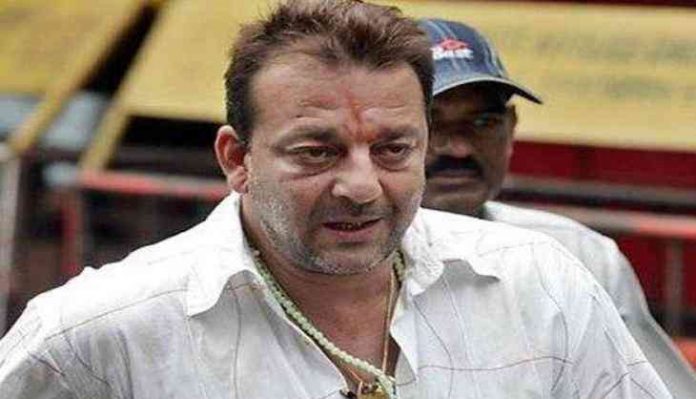
A PIL was filed by a city resident, Pradeep Bhalekar, inquiring about the regular paroles and furloughs granted to Actor Sanjay Dutt while he was serving his sentence in the 1993 Mumbai serial blast case.
It is contended in the petition that the actor was given undue favor by the prison department of the state by giving him remission. To this, the state government has submitted a report in the court denying any special treatment to the actor.
The government defended stating that the remission was on the basis of his “good behavior, discipline and participation in various institutional activities like physical training, educational programmes and for performing the allotted work.” According to the Maharashtra Prisons (Remission System) rules, a convict is liable for 3 days of remission per month on the basis of good behavior conduct, etc. In the case of Dutt, he was liable for 256 days of remission i.e. 8 months and 16 days.
It is also stated that during the trial, Dutt had already spent 18 months in Jail. On July 31 2007, TADA court had sentenced him for six years of rigorous imprisonment under the Arms Act with fine of Rs. 25000. The Supreme Court had upheld this ruling in 2013 but reduced the imprisonment period to five years after which Dutt had surrender to serve his remaining sentence. During his sentence, he was granted 90 days of parole in December 2013 and again after 30 days.
Bombay High Court’s Dilemma:
In the recent development in the case, the Bombay High Court has asked the Maharashtra government as to how Actor Sanjay Dutt was approved for parole and leave one after another in quick series and within two months of surrendering to serve his five-year sentence in the 1993 Mumbai serial blasts case. Likewise, the high court tried to know how a good behavior and conduct of a convict was learned, and on what premise and criteria the actor was conceded early remission.
The bench consists of Justice R M Savant and Justice Sadhana Jadhav. They noticed that Dutt had surrendered in May 2013 and in July he applied asking to be discharged on leave of absence and parole.
Justice Jadhav observed that Dutt had applied for leave of absence on July 8, 2013 and for parole on July 25 2013. Both these applications were accepted simultaneously. He also observed that the jail superintendent of jail usually does not even forward such applications but in the present case it not just forwarded but also accepted within two months of surrender.
Government’s defence:
Defending the state government, Advocate General Ashutosh Kumbakoni stated that the state government did not give any preferential treatment to Dutt, but if the court feels so and concludes that the early remission was a mistake then Dutt can be directed to go back to jail. Replying to this, Justice Sawant, said that they are not suggesting to send Dutt back to jail, but they only want to clear this issue so that in future no questions are raised. He also stated that, the bench only wants to ascertain the basis on which his good behavior and conduct was judged and was it in accordance with law.
The court was of the opinion that usually the convicts are not given parole even on the death of their mother or father but Dutt was given the leave of absence for his wife’s illness and subsequently for his daughter’s illness.
The court has given two weeks time to the state government to file a detailed affidavit.




